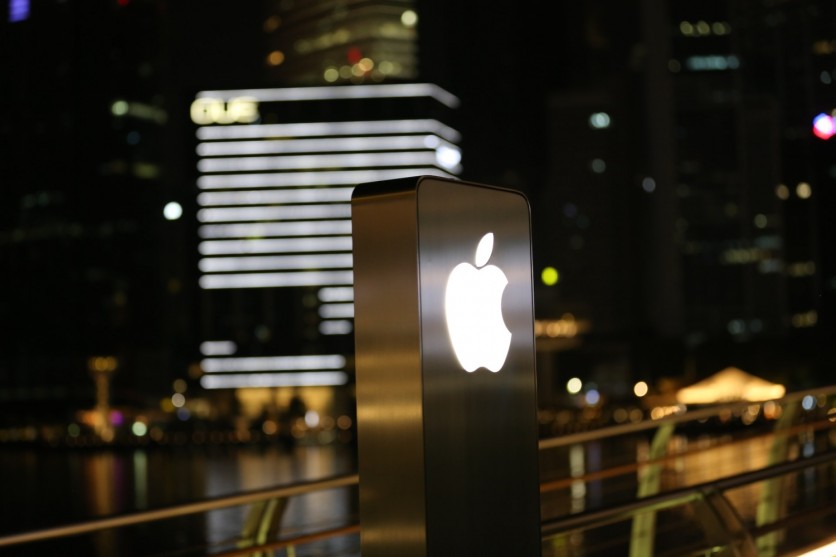
People have been less interested, lately, in splurging on new computers, phones, and tablets. The reasons for this are not a mystery: "Consumers face pressure from general interest rates, higher inflation," explains Daniel Flax of Neuberger Berman. Despite Apple's status as a tech behemoth, it is also suffering the consequences of the trend. In August, Apple announced their sales had slowed for the third consecutive quarter, and they anticipated the current quarter would follow suit.
One of Apple's most relevant consumables, when it comes to online trading in their share prices, is their popular iPhone. This brings in more revenue than any other Apple product and accounts for about half of all sales. Looking at this product in the fiscal third quarter, we see that sales dropped by 2.4% to $39.7 billion. There was certainly weakness in the US market, where smartphones are experiencing a general pullback in sales. But China is the market that has raised CEO Tim Cook's blood pressure of late.
The Chinese have sometimes averaged 450 million smartphone purchases a year, but that number has dwindled to only 270 million. Compared with other markets, sales of the iPhone in China proved resilient according to Apple's August report, and Cook called them "the heart of our results there." Still, there are reasons why Cook is less than certain about the outlook for this market. Join us for some discussion.
Chinese Sentiment
The willingness of Chinese consumers to buy Apple products is rather important to Tim Cook, especially since a full 20% of their product sales are made over there. At times, buying sentiment has been hindered by waves of Chinese nationalism that take America's iconic tech giant as their target. For instance, after former US President Donald Trump targeted China's phone maker, Huawei, with trade bans, Apple saw its fiscal year 2019 revenue take a dive. US lawmakers have also discussed slapping a ban on social media's TikTok, which belongs to ByteDance Ltd., based in China.
In 2022, the Chinese government actually instructed state-run companies to substitute foreign-made computers with domestically-made ones by 2024. At the same time, Huawei has been doing its best to capitalize on a potential switch in sentiment against the US. Their latest phone boasts a bigger battery and display than Apple's top-end iPhone 15 Pro and comes in at a cheaper price, too. Indeed, social media posts in China have lately tended to express more of the desire to punish American products in retaliation for US legislators' bias against Huawei. Still, China may refrain from banning the iPhone, if only to protect the millions of Chinese jobs created by the American firm.
The iPhone 15
This year's iPhone launch, like all iPhone launches, was meant to tempt consumers with the new touches made to a familiar, much-loved product, but also to demonstrate to share traders the company's upward growth trajectory. The new phone adopts the USB-C charging standard, which, it is hoped, will not annoy consumers who are stocked up with apparatus from the Lightning range. Apple is relying quite heavily on the Chinese market to embrace the new iPhone, especially because the company's recent lack of fresh products has been a drag on sales. The latest incarnation of the Mac was the only new product to emerge in fiscal Q3.
The iPhone 15 is framed in titanium, has an improved camera, and is powered by a zippier processor. However, there is still the generally sluggish smartphone sentiment for Apple to contend with. Consumers' tighter budgets may deter them from spending precious money on a phone upgrade.
"Despite strength in the jobs market and inflation falling, consumers are hesitant to upgrade their devices," remarks Counterpoint Research. As to the outlook for the Chinese market, Counterpoint sees that certain "headwinds halt the economic turnaround anticipated... at the start of the year," so demand in Apple's key market remains a question mark.
Moving Ahead
For Q3 2023, Apple does expect year-on-year iPhone sales to pick up, but they may come to increasingly rely on inflows from their AI (artificial intelligence) segment. Tim Cook says there will be more company emphasis on generative AI in 2024. Apple has already built their own large language model, which is the technology used to train chatbots for their special duties.
Apple's recent drive into the Indian market could be a key factor in determining their ability to keep expanding. "The reception of the iPhone 15 and growth in non-core iPhone markets will decide if Apple surpasses Samsung at the full-year level or not," suggests Counterpoint's Karn Chauhan.
ⓒ 2026 TECHTIMES.com All rights reserved. Do not reproduce without permission.





